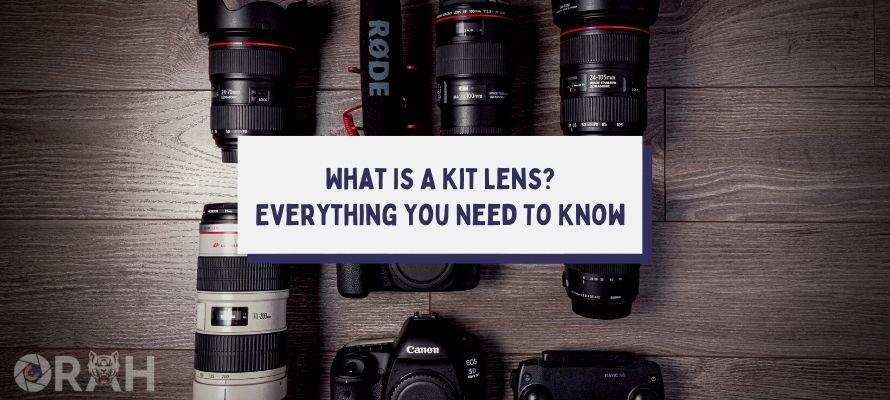
Photography is a lot of fun. However, the one thing that often ends up confusing the newcomers happens to be the variety of terms that they normally to have to understand or take part in understanding.
I still remember the time this person asked me what is a kit lens and while I did answer that with any issues, I realized that a lot of photographers who are trying to make a mark in the industry are often confused.
This is why we are going to make things easier for you to understand, so you do not have to worry much.
What Exactly Is A Kit Lens?
Now, this is the question that we get all the time. A lot of people who are getting into photography often want to know just what exactly is a kit lens and while it might seem like a difficult question to answer, in reality, it is a lot simpler than you might think in the first place.
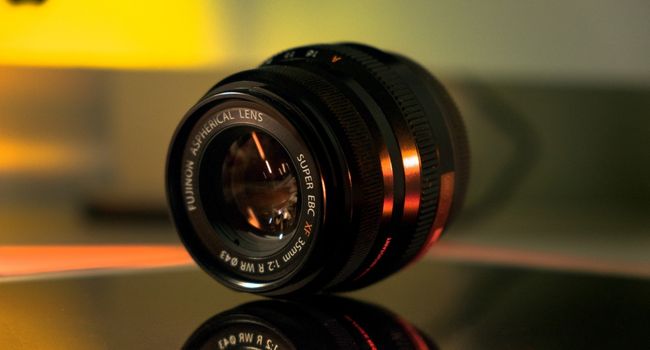
For those wondering, a kit lens is a first-party lens that camera manufacturers ship with the camera bodies. Take Canon, for instance. You often get an 18-55mm kit lens with most of their entry-level cameras.
These lenses are great for those who are still trying to learn about photography and for those who want to be able to get the ball rolling. They are not meant for professional use, but they do give you a decent enough understanding of how your camera works and how photography works in general.
What Are Some Of The Most Useful Features Of A Kit Lens?
There is no denying that many people scoff at the idea of having a kit lens, but we have to be honest here. For the uninitiated, a kit lens is a great way of getting started and learning more about photography.
Sure, it is not as good as a full-fledged lens with a wide aperture, but hey, it is a step in the right direction and definitely something that photographers can use to learn more and more about photography.
As far as the useful features are concerned, most of the kit lenses that you get a ship with zoom capabilities and, most importantly, image stabilization. These two features alone make them really nice for anyone who is just starting out in the world of photography.
Which Are The Best Kit Lenses?
Moving further, it is obvious that most people who are in the market for kit lenses are going to want to know about the best kit lenses there are.
This is not really that easy of a question because most of the kit lenses that you do see in the market are going to serve the same purpose and, most of the time, are going to offer the same configuration, such as focal length, aperture, and other similar features.
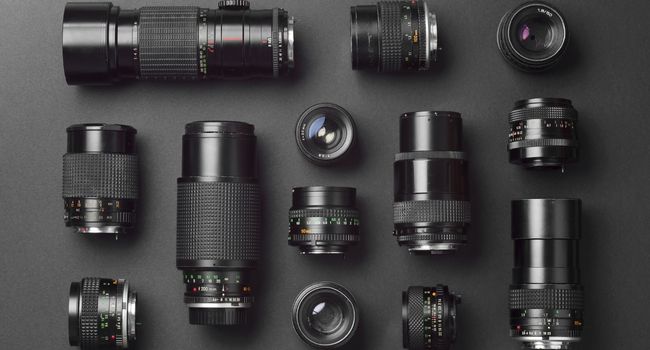
Needless to say, kit lenses do come in a number of different offerings from different companies, and as I have said before, for anyone who is looking for a good start into photography and does not want to spend extra money on a dedicated lens, a kit lens is always a way to go.
What Makes A Kit Lens Different From A Prime Lens?
A kit lens and a prime lens are two very different things that are on the same spectrum. As I have said before, a kit lens refers to a lens that you normally get when you get a hold of a camera, and the lens comes in the box.
Most companies sell the same cameras without the lens that are called “body only” in the market. So, you have to make a note of that.
Prime lenses, on the other hand, are a rare sight when it comes to being included as kit lenses. These lenses refer to the ones that have a wider aperture and a fixed focal length.
Meaning that they cannot zoom in. 50mm f/1.8 is just one example of many prime lenses in the market that you can get your hands on.
How Can You Get The Most From A Kit Lens?
One should be aware of the fact that if you are using a kit lens, you might find yourself at a major disadvantage. However, in most cases, this usually comes down to the photographer rather than the lens itself.
Sure, the lens can make or break the photography experience, but all you need to get your hands on is a good kit lens, and you can do the job just fine.
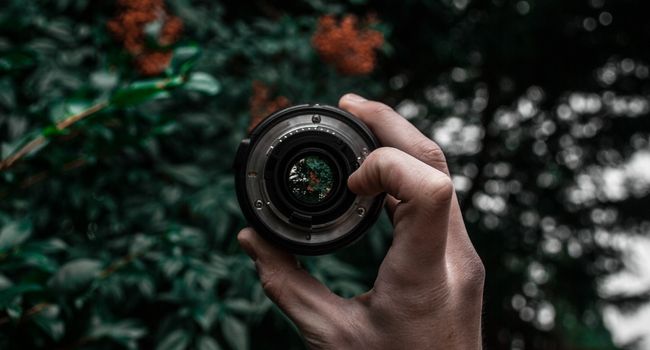
As a photographer who is looking to get the most out of a kit lens, be sure that your shots are properly lit and that you have all the understanding of how to take good photos.
I do admit that a kit lens can limit your experience significantly, but it does take time before you can master photography the way you want to.
There Are Several Disadvantages Of Using A Kit Lens
When you are talking about kit lenses, it is no surprise that these lenses can be very limiting, and the most important thing that one needs to know about these lenses.
Below are some things that limit the overall experience that you get from a kit lens.
- Average Image Quality: When you are talking about kit lenses, the main thing that you need to know is that the image quality is average at best. This has nothing to do with the capabilities of your camera, to be honest. More so that the issue arises from the fact that the glass used in kit lenses is not as good, and that creates an issue with the image quality as well.
- Not a Lot of Features: Although kit lenses are renowned for coming with features such as image stabilization along with zoom and some other advanced features. These features do not really matter much because, at the end of the day, the overall experience that you get with a kit lens is average at best.
- Shoddy Build Quality: Another thing to make a note of is the fact that when you are talking about kit lenses, the build quality is average at best, and that severely limits the overall experience of most photographers.
- Not a Lot of Flexibility: In order to get the best results from a kit lens, you normally need the best possible way of taking pictures and videos, and sadly, the same experience cannot be had from a kit lens.
Is A Kit Lens Bad For Photography?
I honestly have mixed feelings about this statement because there are times when I managed to take some stunning pictures with a kit lens, and at the same time, there have been some times when a kit lens resulted in some really terrible shots.
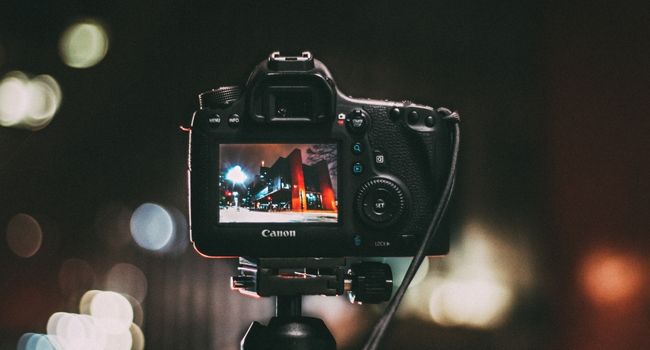
I do understand that the person holding the camera matters the most in terms of the pictures you are getting, but it is no surprise that a lens does play a massive part in how the results are going to be.
So, if you are looking to be certain that all your images come out looking good, then I would highly suggest that you are investing in a good lens.
Sure, if you are just starting out, a kit lens could do the job for you, but it won’t be long before you will be needing a good lens.
Final Verdict:
Needless to say, a kit lens is something that you cannot really fully avoid. I do understand that most people have a question about their importance but to be honest, having a kit lens is a good way of starting in photography and learning more about it.
You can easily get the experience you want with a kit lens and learn more about photography, but at the same time, you can also do just fine, and there is nothing wrong with that.
FAQs (Frequently Asked Questions)
How do you know if a lens is a kit lens?
A kit lens usually comes in the box with the camera body. However, at times, they are sold separately as well. The best way to identify a kit lens is to see the price tag, as they are usually on the cheaper end.
Is kit lens good for portrait photography?
Not always, considering how you are not getting a wider aperture or good quality of glass. So, you can take portraits using a kit lens, but you are not going to get good results.
What is kit lens in DSLR?
A kit lens in a DSLR is simply known as a really cheap lens that normally ships with the camera.
Is kit lens good for landscape?
You can take some shots with a kit lens, put them through post-processing and see if the results are good enough. But do not expect miracles.
What is Canon lens kit?
A Canon kit lens is usually the one lens that ships with a camera in the box. However, you can buy those lenses separately as well.